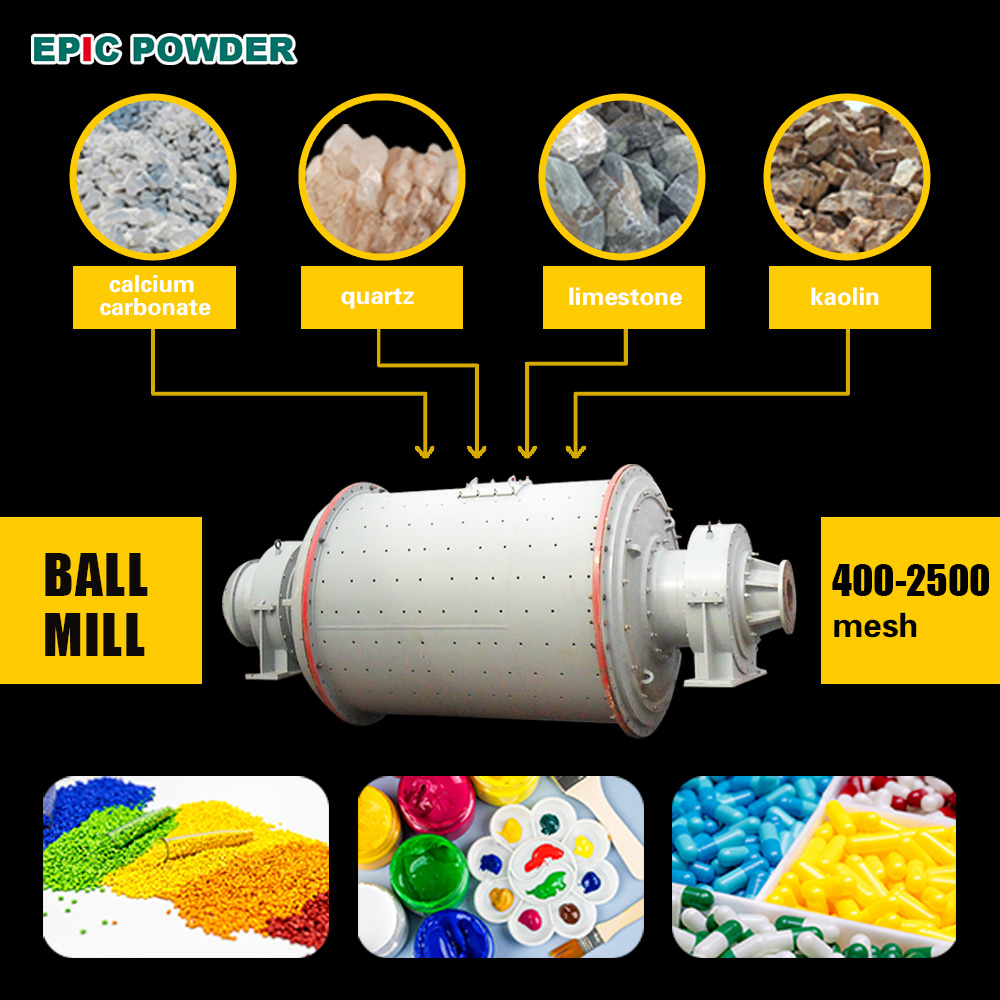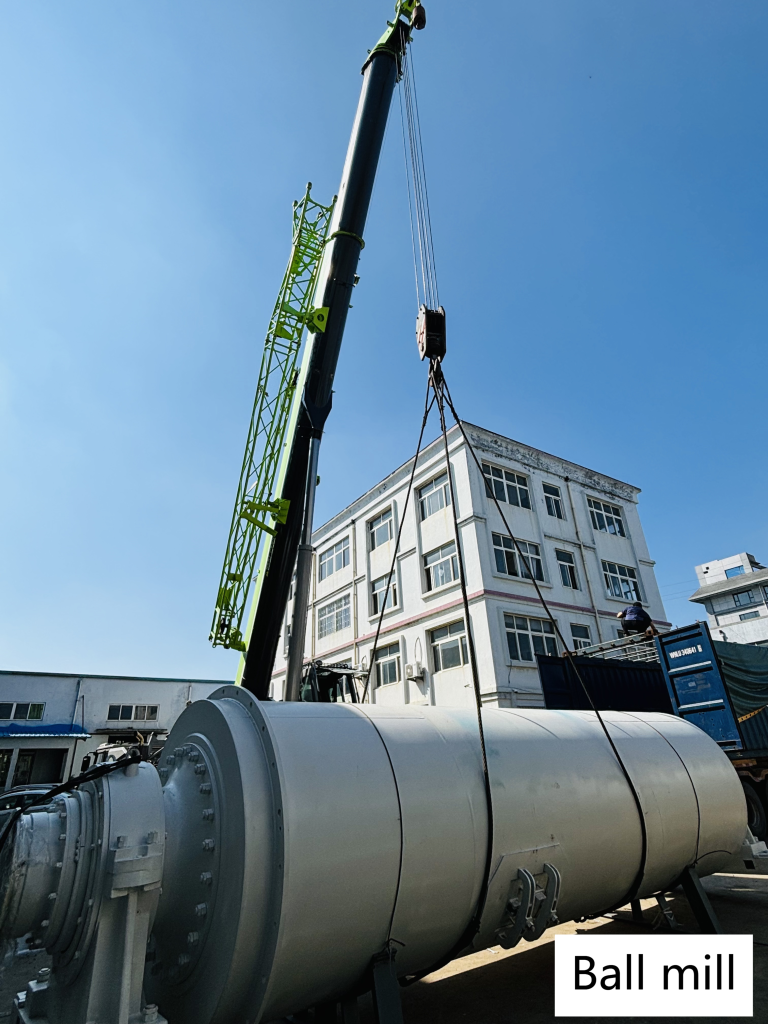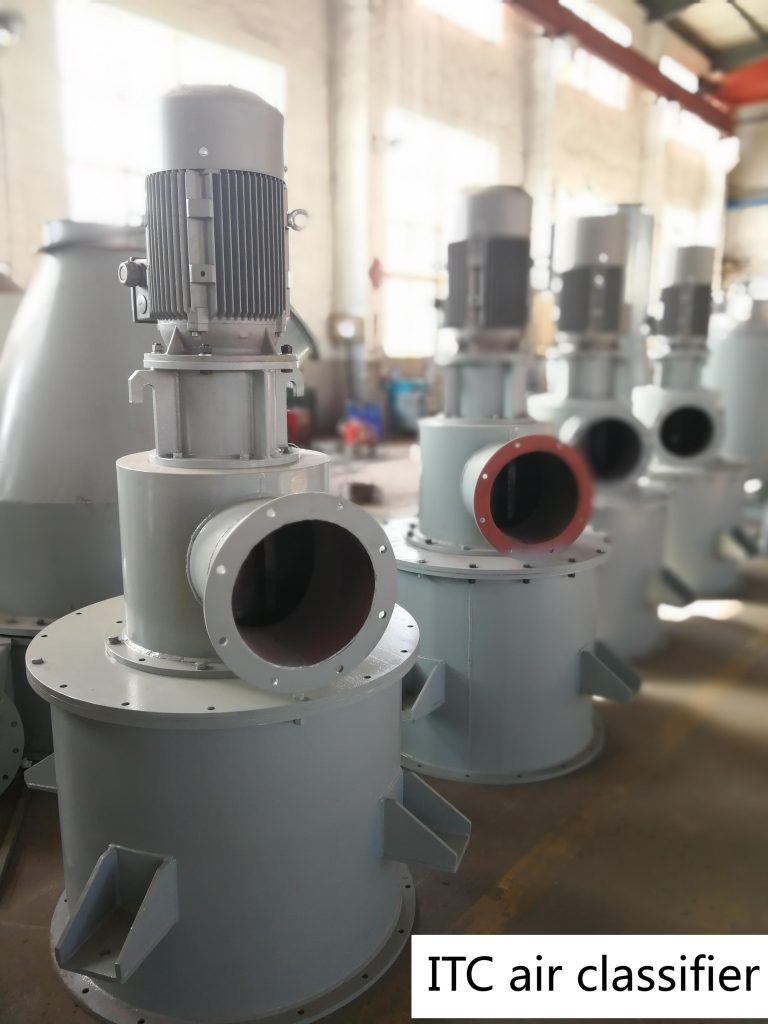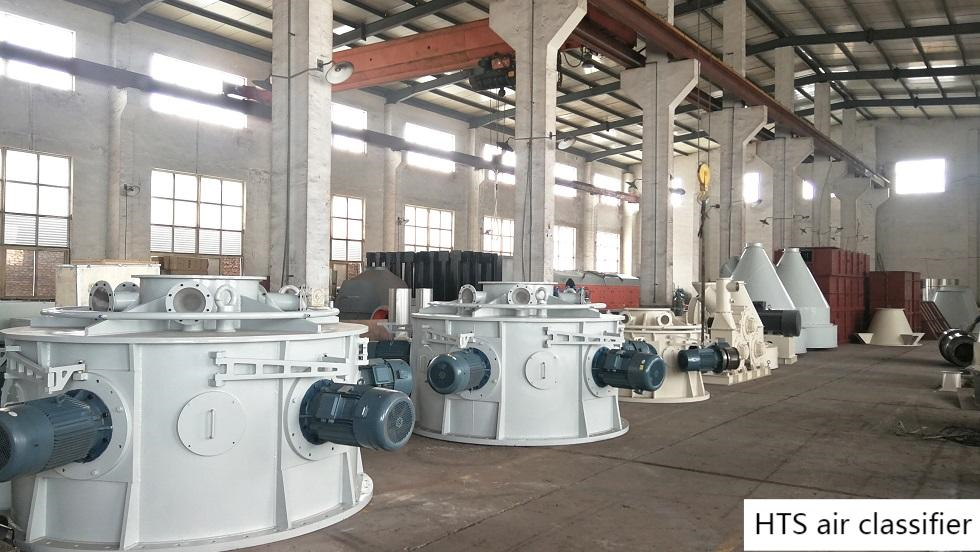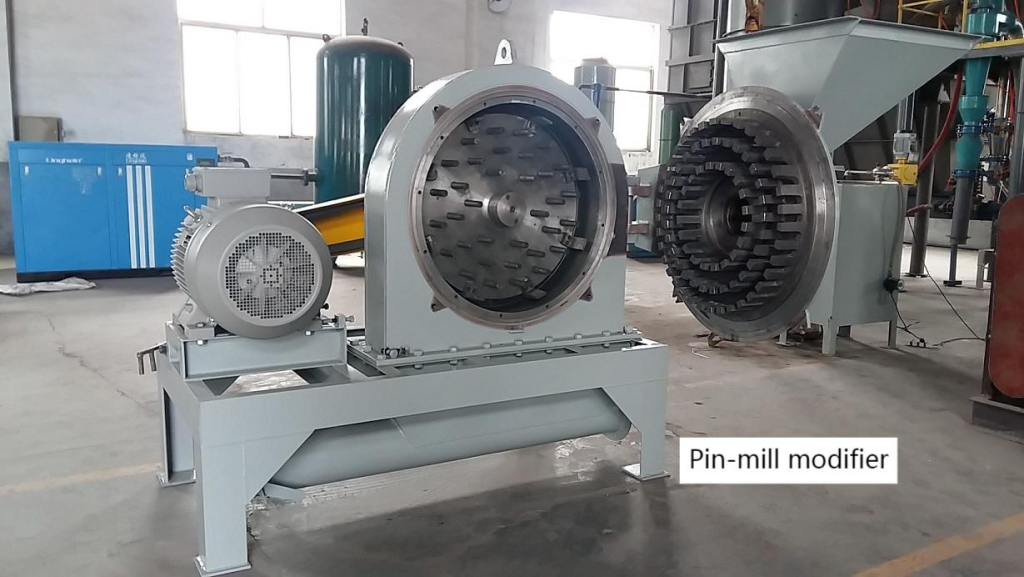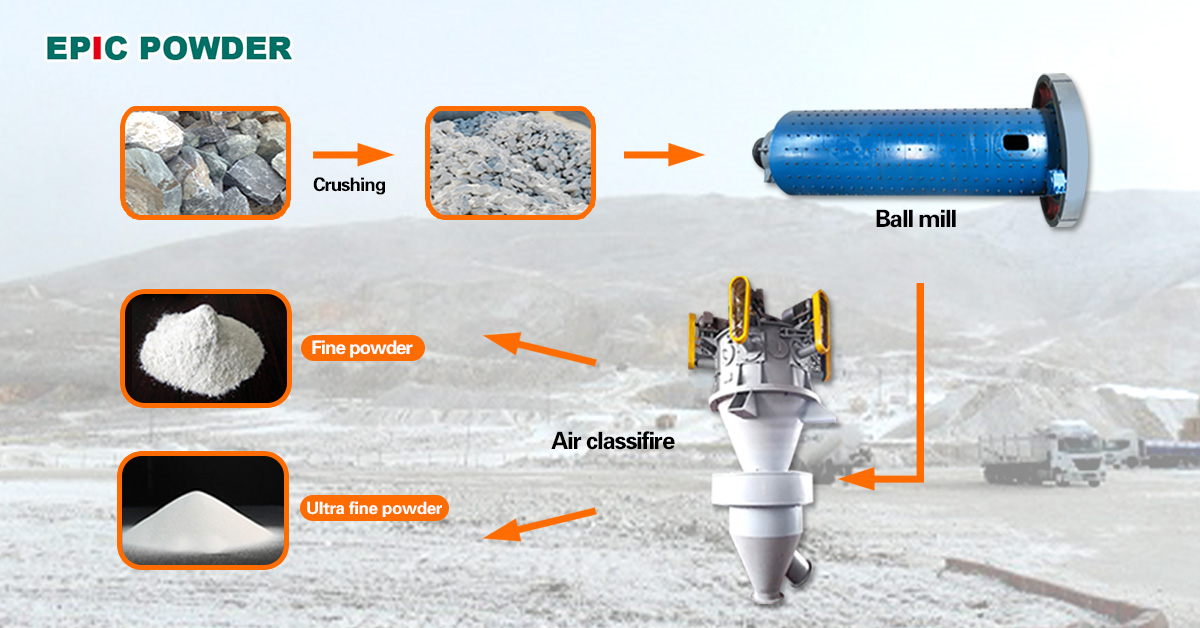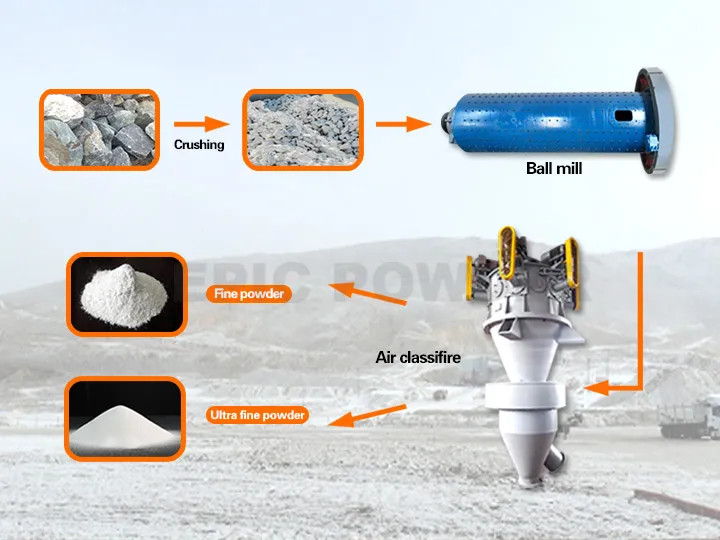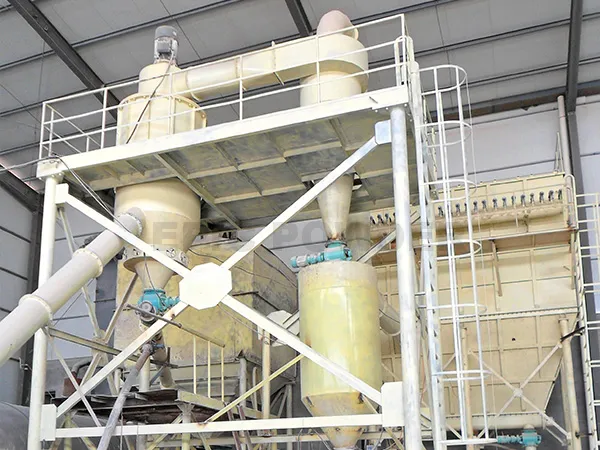1. Introduction
Silicon dioxide is the main component of glass. It can ensure that the glass has high strength and good chemical stability. Quartz sand is the main source of silicon dioxide, so quartz sand is the main industrial mineral raw material of glass.
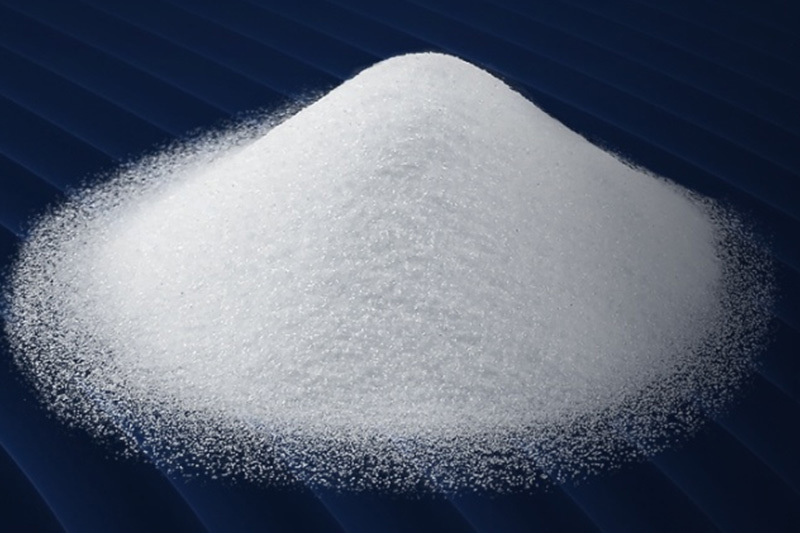
The quality requirements of glass for quartz sand are mainly reflected in three aspects: chemical composition, stability and particle size. Different glass products have different quality requirements for quartz sand. The types of glass we mentioned in this text mainly refers to: plate glass, ultra-clear glass and photovoltaic glass. Let’s explain in detail below:
2. Different quality index for quartz sand
2.1. Flat glass
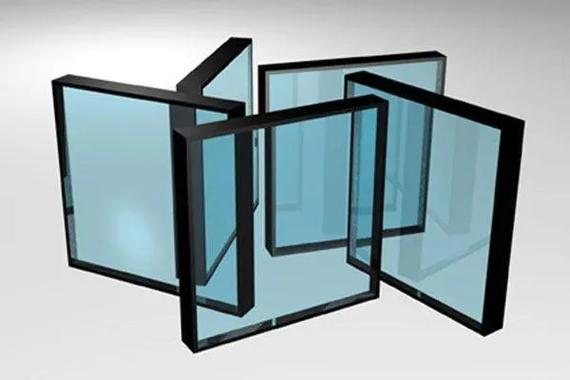
Purity requirement: the silicon dioxide (SiO2) content should reach more than 97%.
Particle size: the particle size of quartz sand should meet a certain range, usually around 70μm-350μm, and the cumulative mass fraction in this range should be no less than 90%.
Impurity content: the total content of impurity in quartz sand should be no more than 25μg/g, of which the sum of potassium and sodium contents should be less than 2.5μg/g.
Loss on ignition: it should be less than or equal to 0.01%.
2.2. Ultra-clear glass

Iron content: ultra-clear glass has very strict requirement on iron content of quartz sand. Too high iron content will reduce the light transmittance of glass, so the iron content of quartz sand for ultra-clear glass should be controlled below 150ppm, and the specific indicators are ρFe2O3≤150×10-6, ρFe≤80×10-612.
Particle size: the particle size of quartz sand has an important impact on the quality of ultra-clear glass. The particle size should be around 0.71-0.104mm, and the proportion of particles below 0.104mm should not exceed 5%, this can ensure both the stability during production and the quality of the glass.
Other impurities: in addition to iron content, the content of other harmful impurities should also be controlled. The titanium content should not exceed 300ppm, the total amount of refractory heavy minerals should be ≤5ppm (measured in Cr2O3), and the diameter of single particle should be ≤0.25mm.
2.3. Photovoltaic glass
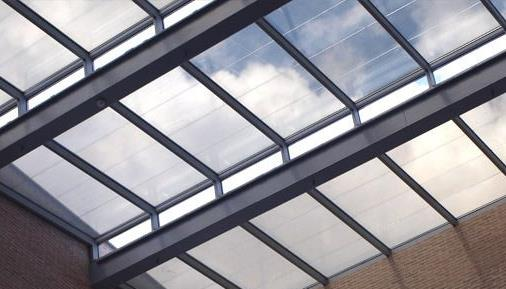
Silicon dioxide (SiO₂) content: the silicon dioxide content in quartz sand must be no less than 99.99%, this is the key factor to ensure the quality and performance of photovoltaic glass.
Iron content: the iron content of quartz sand in photovoltaic glass should not exceed 100ppm, this can reduce the absorption of visible light and improve the transmittance and conversion efficiency of light.
Titanium content: the titanium oxide content in quartz sand should not exceed 300ppm, this can also improve light transmittance, and improve the transparency of the glass.
Impurity content: the total content of impurity should be no more than 25μg/g. The total content of potassium, lithium and sodium should be less than 2.5μg/g, iron (Fe) should be less than 0.5μg/g, aluminum (Al) should be less than 20μg/g, calcium (Ca) should be less than 1μg/g, etc. Controlling the content of these impurity is crucial to prevent photovoltaic glass from deformation and crystallization at high temperatures.
Particle size: the particle size is usually required to be around 70-350μm, and the cumulative mass fraction in this range should be no less than 90%.
Appearance: quartz sand needs to be white particles, with a certain degree of transparency, this can ensure light transmission of photovoltaic glass.
3. Summary
Quartz sand is one kind of silicate mineral that is hard, wear-resistant, and chemically stable. High-purity quartz sand can produce glass with high transparency and good optical properties, and is suitable for the production of various types of glass. It should be noted that particle size and shape of quartz sand have an important influence on glass manufacturing. Only after grinding and classifying, natural quartz sand can become qualified raw material for glass manufacturing. Uniform particle size is conducive to the fluidity and uniformity of glass liquid. At the same time, in order to improve the industrial value of quartz sand, it is necessary to modify its surface to improve its compatibility and dispersibility with organic polymers.

Qingdao Epic Powder Machinery Co., Ltd. is a manufacturer specializing in the production of powder processing equipment.
Its products include:
– Mill: ball mill, roller mill, jet mill, air classifier mill(ACM), vibration mill and impact mill etc.
– Classifier: four series of air classifiers: HTS, ITC, MBS and CTC.
– Modifier: pin-mill modifier, turbo-mill modifier and three-roller modifier etc.
– Auxiliary equipment: control cabinet, dust collector and bucket elevator etc.
– Customers can also customize equipment according to their needs, one customer one design.
If you are interested in products from Qingdao Epic, please contact their staff directly, they are always at your service.
Below are photos from Qingdao Epic for your reference.
